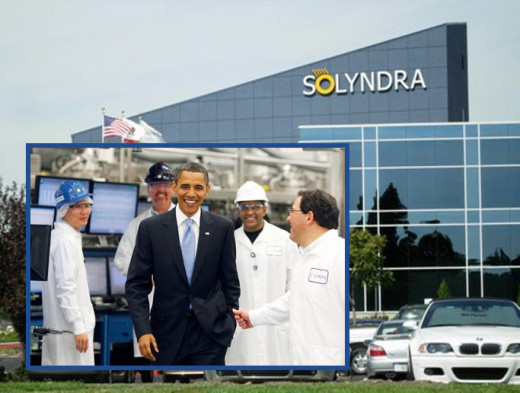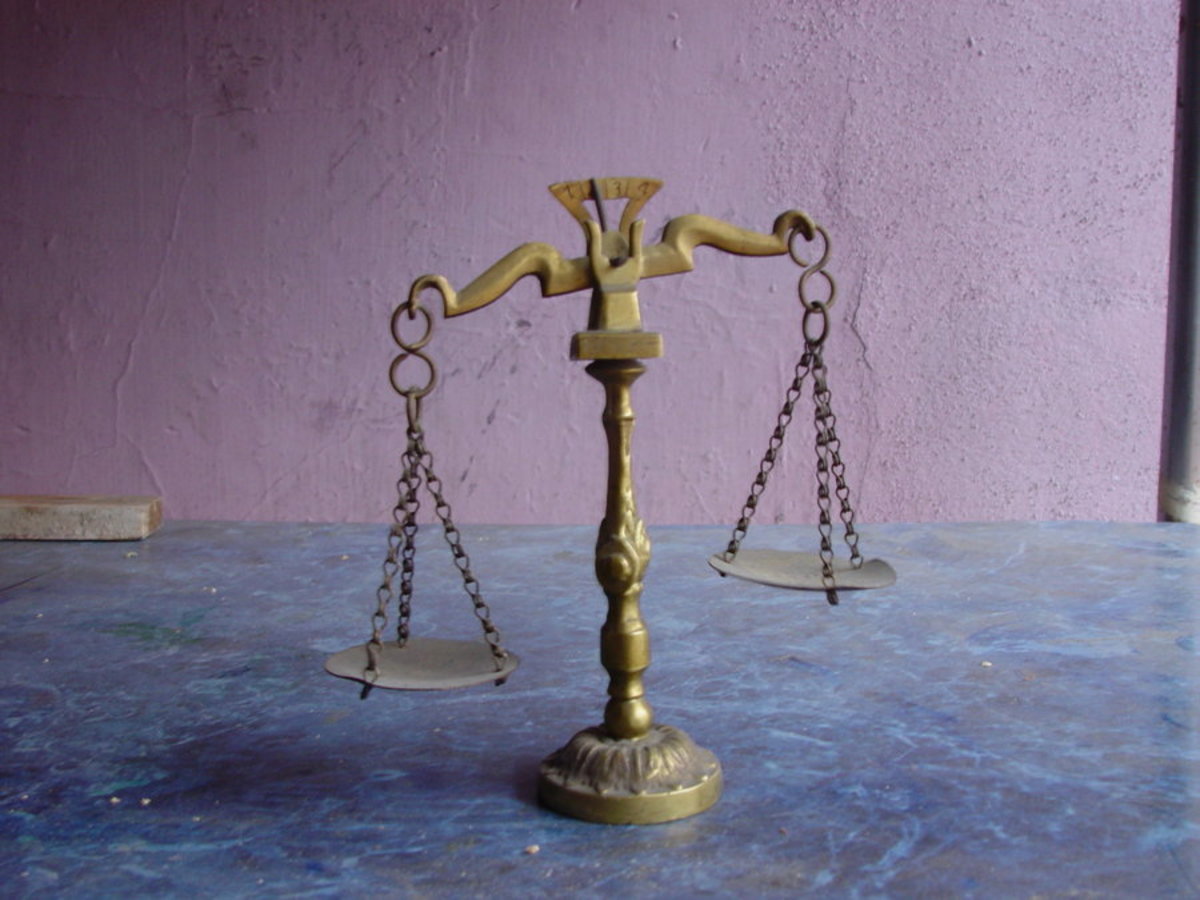Limited Government Explained

Introduction
Recently, in discussion on various hub topics, I realized many people have a misunderstanding of conservatives when it comes to limited government. In this hub, I will try to explain what "limited government" means to a conservative.
-July 2015
The Constitution
Every discussion of government policies should begin with the Constitution. It is a guide as to what is allowed or permitted. Sometimes, a grey zone is reached and that's where the courts get involved. Their role, under the Constitution, is to "interpret" the intent of the Constitution and rule on the "Constitutionality" of a given law. However, they are not there to re-write the law.
Some Misconceptions...
The main misconception I hear from liberals regarding conservatives is that conservatives want to keep the status quo. Conservatives wants government to do as little as possible. We want unfettered Capitalism.
These are all untrue. Conservatives want our government to follow the Constitution.
What Are Some Guidelines?
Government actions can take on many forms. There are some power enumerated by the Constitution reserved for the Federal Government. The rest, Federalism, assigned them to each State to implement as they see fit. Some guidelines are sweeping such as Interstate Commerce or "promote the general welfare..."
The question for all of us is - what is the proper role of government?
A Real Example
The solar energy market is one example where the government over step its reach and power. As a conservative, I also disagree with other government interventions in the oil and gas business and in the farming business.
I get the government's interest in combating climate change. I have no problem with funding the NSF to study and improve solar cell technologies. That is part of "basic science" and we should all be interested in enhancing all sciences.
Where I disagree with the government involvement in encouraging the development of solar power, is the funding of Corporations such as Solyndra and SolarCity.
These private companies should not be getting government funding, even loans, or tax breaks, to tryout a new technology. They and their shareholders or private investors are the ones that should take on that risk. If they succeed, great, the investors reap the benefit. If they fail, too bad, they also lose. It is not the federal government's role to pick winners and losers in the energy business.
Government's role should only be in making sure the competition is fair (no monopolies to control prices). The companies should follow SEC regulations.

An Analogy
To state it another way, let me use an analogy. The Federal Government is like a Casino Owner. He sets the rules of the game. The games have various probabilities of winnings. The house takes its cut (taxes). The house provides for security and oversight to insure the games are conducted fairly and with no criminal elements (federal agencies SEC, DOJ, FBI...). This is good common sense and good for business. The gamblers (entrepreneurs and businesses) are free to play or gamble within the confines of the casino. There are no favoritism. The Casino may provide some small incentives such as free drinks, meal tickets and even free room upgrades to entice the big rollers but they cannot influence the game tables to favor one gambler over another.
Summary
In this hub, I tried to explain what conservatives believe the proper roll of government is. It is based on our understanding of the Constitution. If someone wish to change it, they can use the Amendment process. That is the proper way to institute changes to our government. Conservatives don't believe unelected judges have the power to legislate laws or interpret the Constitution to imply powers that does not exist.








